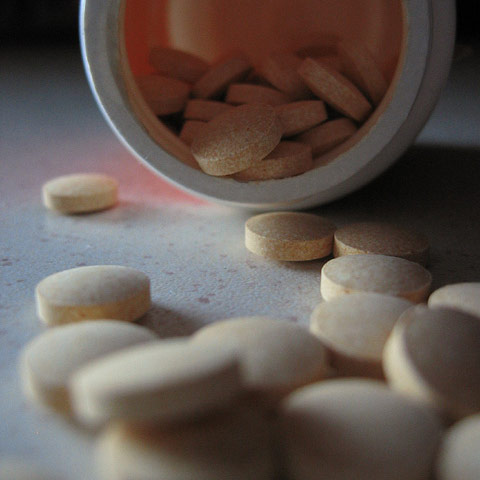
WEDNESDAY, May 15 (HealthDay News) — Drinking large amounts of sugary sodas and fruit drinks might raise your odds for painful kidney stones, a new study finds.
Although drinking extra fluids usually helps prevent stones from forming, researchers from Brigham and Women’s Hospital in Boston warn that beverages may come with varying risks or benefits. Coffee, tea and orange juice, for example, are associated with a lower risk of kidney stone formation.
On the other hand, “we found that higher consumption of sugar-sweetened drinks was associated with a higher incidence of kidney stones,” study senior author Dr. Gary Curhan, a physician in the Channing Division of Network Medicine, said in a hospital news release.
The study involved more than 194,000 people tracked for more than eight years. The participants were questioned about their medical history, lifestyle and medications. Information on their diet also was collected every four years.
The researchers found that those who drank one or more servings of sugar-sweetened soda daily had a 23 percent higher risk for kidney stones than those who drank less than one serving per week. The study showed that this also was true for those who drank sugary beverages other than soda, such as fruit punch.
Two experts said there are already many health reasons to avoid sugary drinks.
“While there is no conclusive evidence to show that sugary drinks alone cause kidney stones, other associations with the consumption of sugary beverages has been reported,” said Dr. Michael Palese, associate professor of urology at the Icahn School of Medicine at Mount Sinai, in New York City. “This includes diabetes, cardiovascular disease and obesity, which have also been linked to the formation of kidney stones.”
Nancy Copperman is director of public health initiatives at North Shore-LIJ Health System in Great Neck, N.Y. She stressed that, “adults need to consume 6 to 8 cups of fluid a day to maintain proper hydration” and help prevent kidney stones. Cutting sugar-sweetened beverages out of those fluids might also help ward off stones, she added.
So what is the healthiest way to stay hydrated? “In general, water is still the best hydrant and certainly, [for] kidney stone prevention, the preferred beverage,” Palese said.
According to background information from the researchers, kidney stones will affect 20 percent of American men and 10 percent of American women at some point in their lives.
The study was published online May 15 in the Clinical Journal of the American Society of Nephrology.
More information
The U.S. National Institute of Diabetes and Digestive and Kidney Diseases provides more information on kidney stones.

